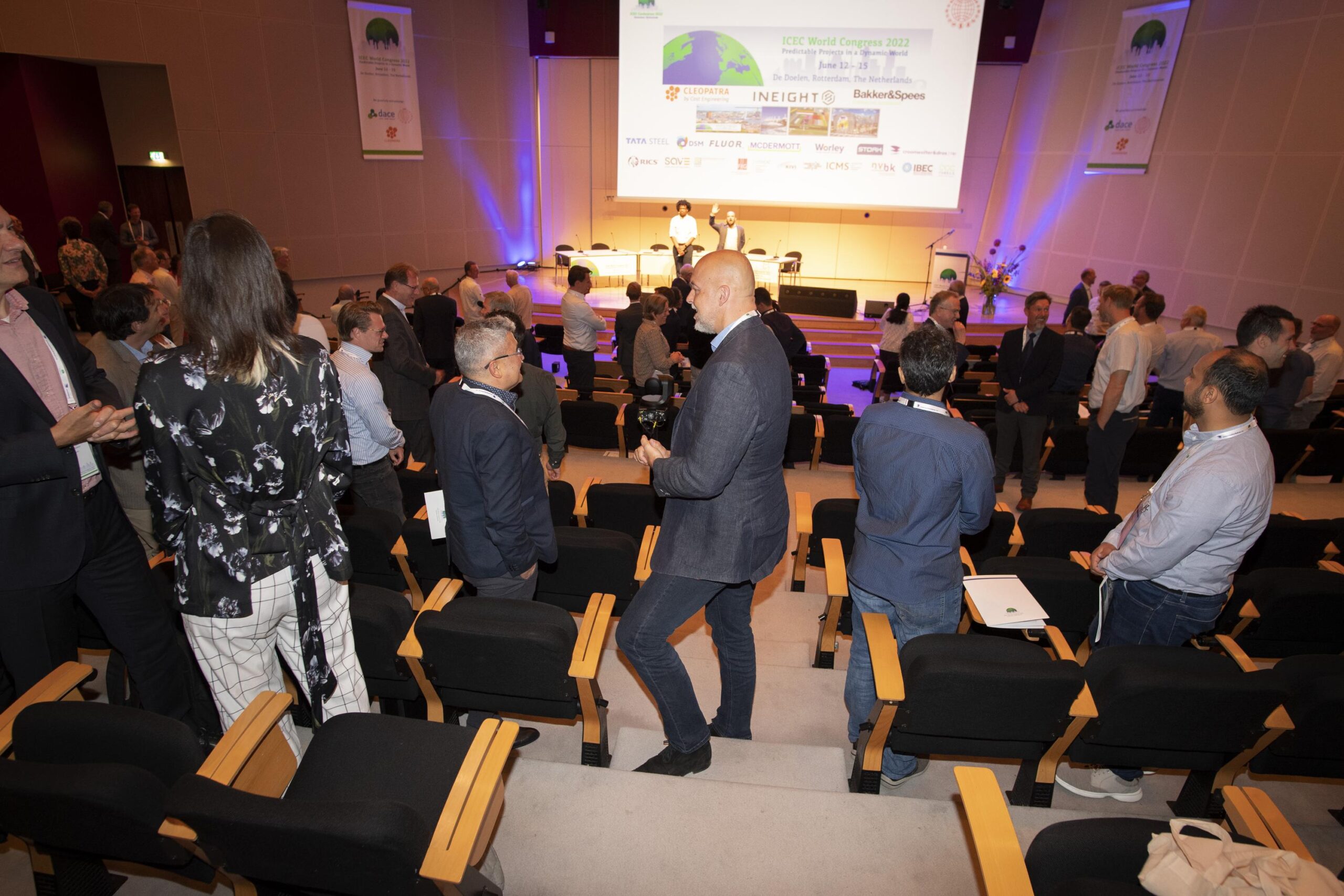Synopsis

Conference Synopsis
Cost engineering has a long history of evolving as an accounting function through to becoming a distinct discipline in the first half of the 20th century. The construction industry and project in general stand at a crossroads, faced with the dual challenges of escalating environmental concerns and the rapid evolution of digital technologies. These key issues - concerns about sustainability and the development of various digital platforms - call for a redefinition or at least an evaluation of the way cost engineering is currently undertaken. In this conference, the aim is to explore the intersection of sustainability and the digital frontier in the context of construction and project cost management, aiming to redefine traditional practices and envision a more sustainable and efficient future. By leveraging innovative digital tools and embracing sustainable practices, the construction industry and projects can not only mitigate their environmental impact but also enhance cost-effectiveness and project outcomes.
Reimagining the future of construction cost management involves integrating sustainability principles and leveraging the digital frontier to enhance efficiency, reduce environmental impact, and optimize resources. Several key aspects that need to be considered include:
1. Digital Integration and Building Information Modeling (BIM)/BIM for Cost Estimation:
BIM has emerged as a game-changer in construction project management. Its ability to create a digital representation of a building's physical and functional characteristics facilitates collaboration and information sharing among stakeholders. How are/can stakeholders utilise BIM to create a comprehensive digital model that includes cost data to improve cost estimation accuracy and enable real-time updates as the project progresses. How are/can the implement cloud-based collaboration platforms that facilitate communication and data sharing among stakeholders, promoting transparency and reducing delays.
2. Blockchain for Transparency and Trust:
The conference aims also to explore the integration of blockchain technology for smart contracts, automating payment processes and ensuring transparency. This can reduce disputes and enhance trust among project participants. Blockchain may also help Supply Chain Transparency by helping to trace the origin and
3. Life Cycle Cost Analysis (LCCA):
Exploiting Digital Tools for LCCA including considerations not only for initial construction costs but also long-term operational and maintenance costs, promoting sustainable choices over the building's life cycle.
4. Sustainability Metrics and Certification:
Embedding sustainability metrics into cost management practices to ensure adherence to green building standards and certifications, such as LEED or BREEAM, to guide decision-making for eco-friendly construction practices.
5. Predictive Analytics and AI/Predictive Cost Modeling:
Another area of interest is leveraging artificial intelligence and predictive analytics for cost modeling; analyze historical data and project-specific variables to predict potential cost overruns or savings, allowing proactive management and data-driven decision-making. Use AI to predict material requirements, labor needs, and equipment usage thereby optimize resource allocation, improving efficiency and minimizing waste. By enhancing the accuracy of cost estimates and risk assessments, AI and Machine Learning (ML) contribute to the overall efficiency and sustainability of construction projects.
6. Robotic Process Automation (RPA)/Automation in Cost Management Processes:
Explore the use of RPA to automate routine cost management tasks, allowing professionals to focus on strategic decision-making and also streamline processes and reduce errors.
Conclusion
As the construction industry evolves, it is imperative to reimagine traditional cost management practices. The fusion of sustainability principles with the digital frontier offers a promising path forward. This Conference hopes to underscore the importance of embracing change, adopting innovative technologies, and prioritizing sustainability to create a future where projects are not only economically viable but also environmentally responsible.
By doing so, projects and cost management practice can contribute significantly to a more sustainable and resilient environment for generations to come. By intertwining sustainability with the digital frontier, the future of cost management can be a dynamic and responsive ecosystem that not only minimizes environmental impact but also enhances overall project efficiency and resilience.

